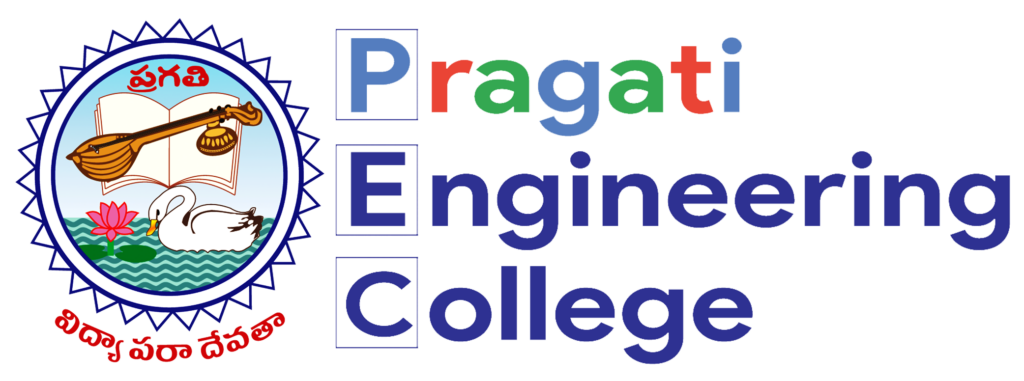CSE (Data Science)
- About-CSE DS-Department
- Vision,Mission
- Under Graduate Programmes
- Infrastructure
- Board of Studies
- Staff
- Academic Information
- Department Committees
- Professional Societies & Activities
- Student Association Activities
- Faculty Achievements
- Student Achievements
- Research, Development & Consultancy
- Internships & Industrial Training
- Academic Toppers
- Innovations in Teaching & Learning
- Digital Library
- News Letters/Tech Magazine
- Placements, Higher Studies & Entrepreneurship
- Distinguished Alumni
- Gallery
B Tech in CSE (Data Science) with an intake of 180
PROGRAM EDUCATIONAL OBJECTIVES (PEOs)
PEO1: Graduates are prepared to apply analysis, predictions, optimization, decision making and develop skills in order to formulate and solve complex problems in the area of Data Science.
PEO2: Graduates are prepared to take up higher studies, research & development and other creative efforts in the area of Data Science which drives scientific and societal advancement through technological innovation and entrepreneurship.
PEO3: Graduates are prepared to use their skills and abilities in an ethical & professional manner.
PROGRAM OUTCOMES (POs)
Engineering Graduates will be able to:
- Engineering knowledge: Apply the knowledge of mathematics, science, engineering fundamentals, and an engineering specialization to the solution of complex engineering problems.
- Problem analysis: Identify, formulate, review research literature, and analyze complex engineering problems reaching substantiated conclusions using first principles of mathematics, natural sciences, and engineering sciences.
- Design/development of solutions: Design solutions for complex engineering problems and design system components or processes that meet the specified needs with appropriate consideration for the public health and safety, and the cultural, societal, and environmental
- Conduct investigations of complex problems: Use research-based knowledge and research methods including design of experiments, analysis and interpretation of data, and synthesis of the information to provide valid conclusions.
- Modern tool usage: Create, select, and apply appropriate techniques, resources, and modern engineering and IT tools including prediction and modeling to complex engineering activities with an understanding of the limitations.
- The engineer and society: Apply reasoning informed by the contextual knowledge to assess societal, health, safety, legal and cultural issues and the consequent responsibilities relevant to the professional engineering
- Environment and sustainability: Understand the impact of the professional engineering solutions in societal and environmental contexts, and demonstrate the knowledge of, and need for sustainable
- Ethics: Apply ethical principles and commit to professional ethics and responsibilities and norms of the engineering practice.
- Individual and team work: Function effectively as an individual, and as a member or leader in diverse teams, and in multidisciplinary settings.
- Communication: Communicate effectively on complex engineering activities with the engineering community and with society at large, such as, being able to comprehend and write effective reports and design documentation, make effective presentations, and give and receive clear
- Project Management and finance: Demonstrate knowledge and understanding of the engineering and management principles and apply these to one’s own work, as a member and leader in a team, to manage projects and in multidisciplinary
- Life-long learning: Recognize the need for and have the preparation and ability to engage in independent and life-long learning in the broadest context of technological
PROGRAM SPECIFIC OUTCOMES (PSOs)
Engineering Students will be able to:
PSO1: Apply data science concepts and methods to solve real world problems
PSO2: Design and develop statistical models for data preparation, exploration, visualization and governance
PSO3: Adapt to a rapidly changing environment by learning and employing emerging software tools and technologies in the area of Data Science
